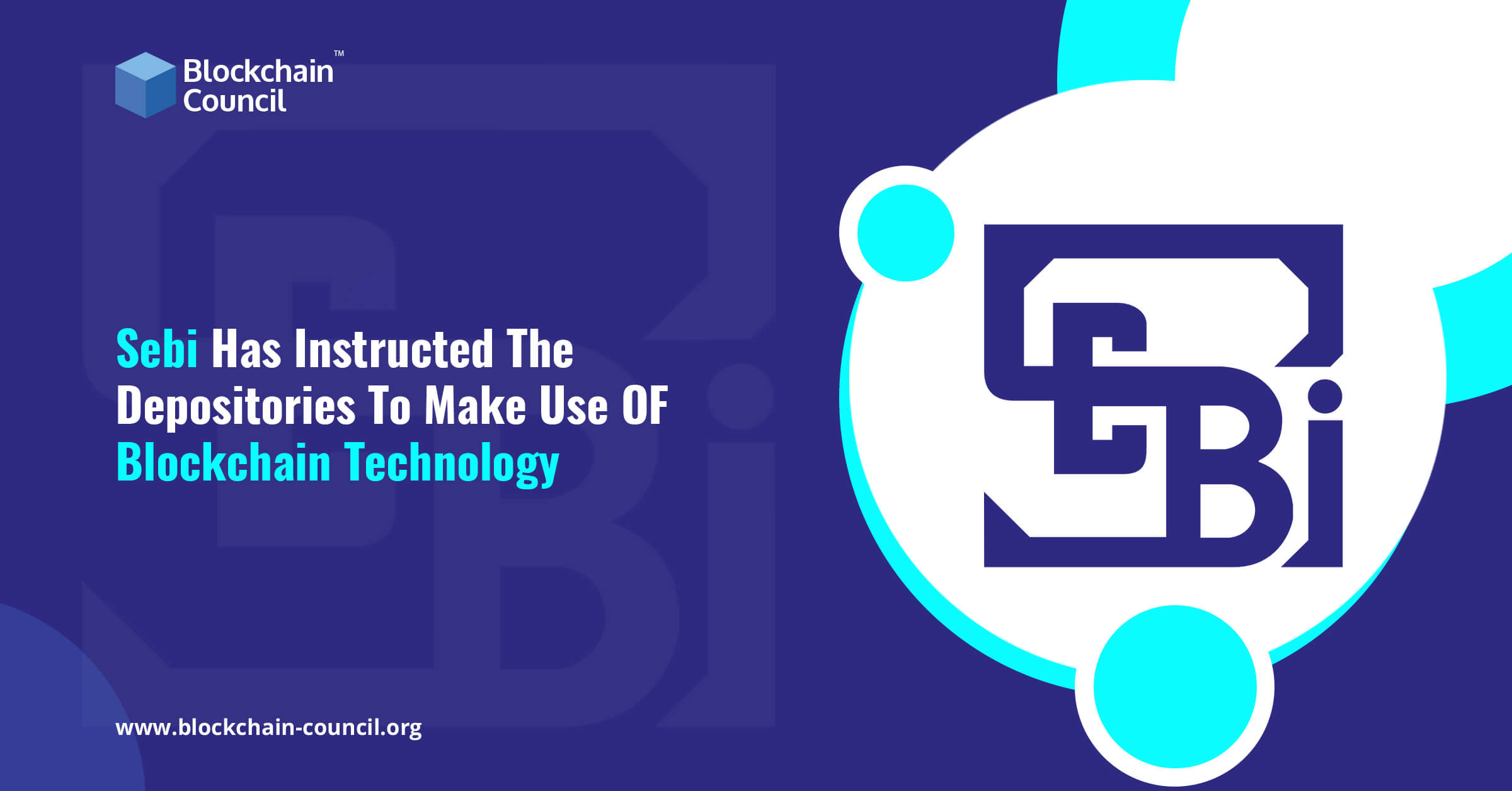
- Avinandan Banerjee
- July 23, 2021

When we talk about Blockchain, we generally do not associate it with media and entertainment. This is because the term blockchain has been closely associated with the advent of Bitcoin. Prior to that people did not really know much about technology.
However, Blockchain has plenty of real-world practical applications owing to the level of security, immutability, and transparency it provides the users – Cryptocurrencies are just a fraction of them. In today’s world, where information is of such high value, we need technologies like that of Blockchain to help secure and protect that information and keep them from falling into the wrong hands. Not just that, Blockchain has the ability to enhance workflow by multiple times.
Blockchain stores data in cryptographic forms. The data stored on a blockchain does not stay under a single entity but rather owing to the decentralized nature of the technology, the data is stored on every system across the network of that particular blockchain. As the creators themselves store the data, the blockchain allows them to actually own that data. This is due to the decentralized aspect of the blockchain.
Blockchain is also helpful in fostering trust and a sense of security among complete strangers.
Every transaction recorded on a blockchain is locked with a cryptographic key called a hash and copies of the data are distributed to every member on that blockchain with their own unique hash keys. Therefore there are no possible means to hack the system. This is why the technology is transparent and trustworthy.
Challenges for content creators in media and entertainment
Presently the global entertainment and media industry are facing some challenges which can be solved with the help of the transparency and security that the blockchain technology provides.
Content creators including musicians, artists, game developers and others working in similar creative professions often find their Intellectual Property Rights being infringed and their hard work being copied, duplicated and sold without their consent. There are several peer to peer (P2P) sites that facilitate such online piracy and it becomes extremely difficult for content creators to keep a track of who is accessing their work through illegal and unethical means.
Most of the time the creators find themselves dealing with a lot of intermediaries or individuals acting as the middle men through whom they get access to a wider section of the audience or even in order to get their Intellectual property protection rights. Moreover the Digital Management Rights software that are provided to the content creators are not capable enough to resist hacking attempts.
Moreover these intermediaries levy numerous charges for giving the artists more access to online platforms and other platforms as such. The post pandemic world has seen a large chunk of the audience shift to online streaming platforms and hence the artists and content creators also try to access their target audience online. But these intermediaries often charge unlawful amounts which result in revenue losses for the artists. This revenue stream is the only way the artists make money and the traditional system of going through monopolistic intermediaries is proving to be detrimental for the growth of any content creator.
How can Blockchain solve the problem?
- The idea of blockchain technology is such that it enables content creators to upload theirs.1 content directly to the platform themselves and also track the distribution pattern and handle customer payments directly. Moreover, there is permanent security and protection provided by the immutable technology that blockchain offers.
- There is no place for intermediaries on a blockchain. As a result the hassle of paying an intermediary is completely eliminated and bypassed and the content creator can easily focus on creating quality content and manage his/her production costs properly. They can also reach the customers directly and collect the payments from them directly too, while all the movements will be tracked and recorded, barring all chances of an error or a mishap. The revenue share of the creator will increase while their intellectual property rights will also be safely guarded.
- The use of ‘Smart Contracts’ will improve the speed, accuracy, and functionality of the overall process of executing a transaction. Clear terms of the agreement can be defined and well-executed among involved entities. It will also help to maintain a track of the content, whenever they are used, and for what purpose. There is an additional level of transparency working here which eliminates the possibility of a dispute arising later at some point.
- The use of Blockchain is pretty cost-effective than other methods of administering the entire process. Content such as articles, graphic arts, etc can be sold on a per-user basis and the entire process can be automated. This will help save software and administrative expenses.
To conclude, Blockchain technology can be extremely useful for the media and entertainment industry as it not only provides safety and security for the content created but also saves extra costs by eliminating unnecessary intermediaries and other administrative expenses. Blockchain technology can help the artists maintain control over their own revenue stream and operate more independently, productively, and that too in a completely hassle-free manner.





































































 Guides
Guides News
News Blockchain
Blockchain Cryptocurrency
& Digital Assets
Cryptocurrency
& Digital Assets Web3
Web3 Metaverse & NFTs
Metaverse & NFTs
